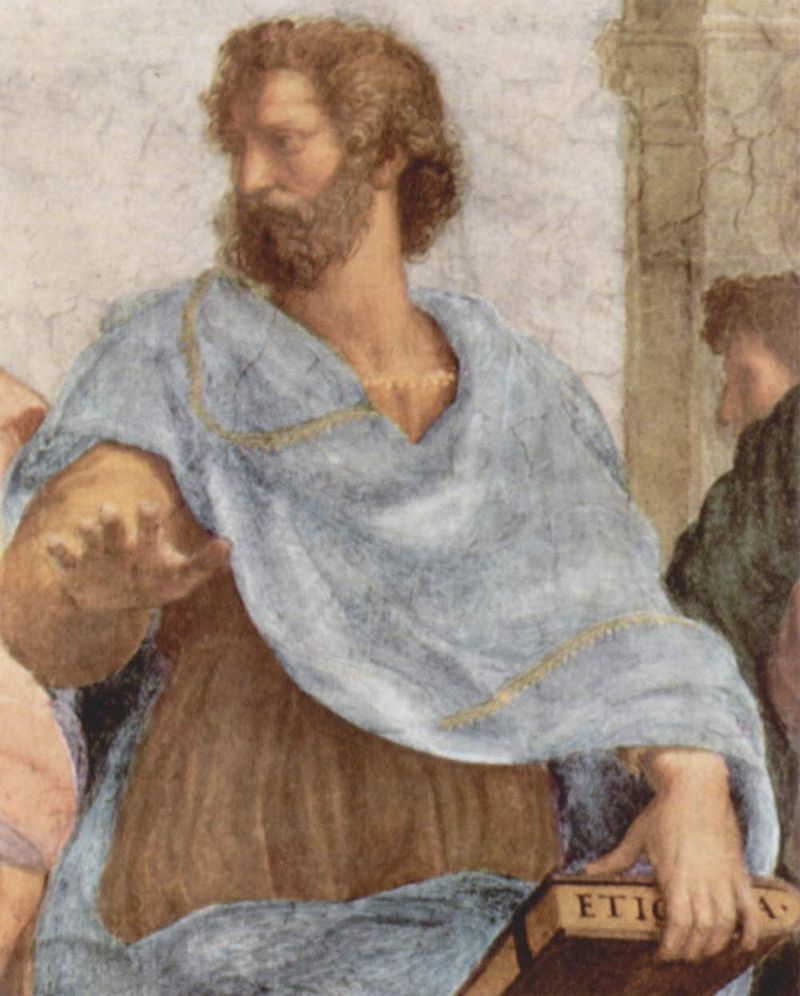"So, I turned to her and said, "Lawd. You got them cockroaches out of the kitchen zink? Them roaches be as old as a dinosaur; I ain't your momma. Clean that shit up before I go all stegosaurus on your ass."
 |
| image credit: © Greig Roselli |
Ginny was acting like an overblown blow-up doll. She had strapped over her shoulder a Ziploc bag of ice. She was so animated she was cartoonish. Her shoulder had been in pain since she'd pulled a muscle at last week's game. She squinted her face like one of those black and white Laurel and Hardy pictures. She was imitating a character on a television commercial. "Yeah, baby. We love you hard, hard, swear to God." She had pulled up her boxer shorts out to show the rest of the girls her Bugs Bunny drawers. "She was standing next to the macaroni. I'm not your momma. But, at this diner, we fill up your coffee cup without draining your wallet." The boys were all dressed in white tees and nylon running pants. The girls wore helmets. "But, I could give a rat's ass to what she thought. I told her to get away from the macaroni and cleaning the fucking zink." Zack got up to bat next. At the end of the box was a digital rendition of a pitcher. He would virtually throw the ball over his shoulder which would cue one of the boys to throw a hard, unofficial baseball into the throwing machine. "Swing. Bat. Bunt. Cunts." They would say.
Stopher was acting like a gentleman. He crossed his legs like Abraham Lincoln. "Now, you see, the problem with our team is one of emotion." Coach Liniski paid Taylor no mind. He felt for his chest, passed his hand through the unbuttoned part of his lapel. "Where is your tie, Coach Lineski?" He pulled it out of his coat pocket. He was making a dozen of the softball players laugh their asses off. "So, you see, here, this is what I don't understand girls. Why do the girls? See them over there? Why do they use softballs, but the boys use hardballs? I don't get it." Nora laughed. "He said, 'hard balls.' Oh my god. He said 'hard'." Nora was on the turf. She clutched her tummy as if she were in pain. Her laughter was unnoticed by the boys, who batted in the box without helmets. The girls were dutiful. They wore plastic helmets; they never argued about whose turn was next. The boys were quieter, only talking if conversation necessitated speech. Jackson was the leader of the boys. He had a suave gentleness that calmed the kids, unlike Ginny's rude brouhaha. "We don't talk to Freshman. They practice with us, but we don't talk to them. That's Jackson going to bat. He hits pretty good." The ball would have been a home run, for sure. Jackson was cool about accomplishment. He didn't demand adulation. He seemed to attract it like Michelangelo's David attracts admirers of beauty. The swerve of the body. Crack. Ginny laughed; she basically chortled. "Pull your pants up Ginny. There are boys in the batter's box." "Yeah, I'm showing them my bruise. Looks like the Milky Way." Houston incredulously stooped to look at Ginny's bruise. The other boys froze. Coach Lineski stopped chewing his dip. We thought he would swallow it. Houston brought his finger closer to touch Ginny's darkened bruise. It was easy to tell a ball had hit her over the weekend. The otherwise dark markings had begun to soften and lighten. Houston's touch hadn't hurt like the initial punch to the gut. Nora still laughed. The quiet baseball drone droned. Mr. Lineski pulled Houston away. The girls were engaged in a maniacal giggle. The boys seemed scandalized. One young boy without a name, short, lithe, stood up with his "pimp stick" and swung the bat, blissfully unaware, almost hitting little Le Roy. Mr. Lineski spun around, conflicted at the chaos that had ensued. The unnamed boy swung again; not intending to hit anyone, the polychrome bat stunned Coach Lineski. Blood poured relentlessly. Coach Lineski lunged for the unnamed boy but the pain of the hit pummeled him and he fled to the hard astroturf. Blood stained the ground. Someone called 911. Nora was to the left of the crowd; she tugged Jackson close to her body. He had tears in his eyes. The head baseball coach barged in the doors. "Everyone outside now." The boy with no name did not show emotion. He had dropped his bat to the ground and dutifully waited outside for Coach Lineski to be born again.











